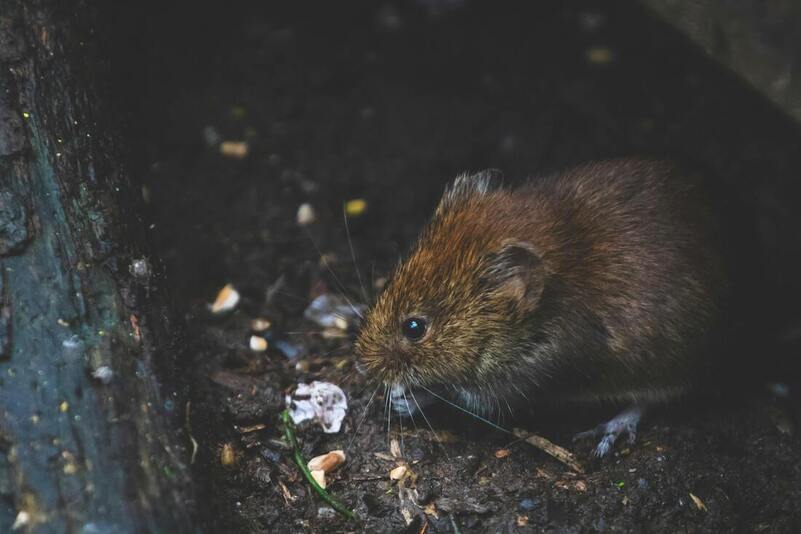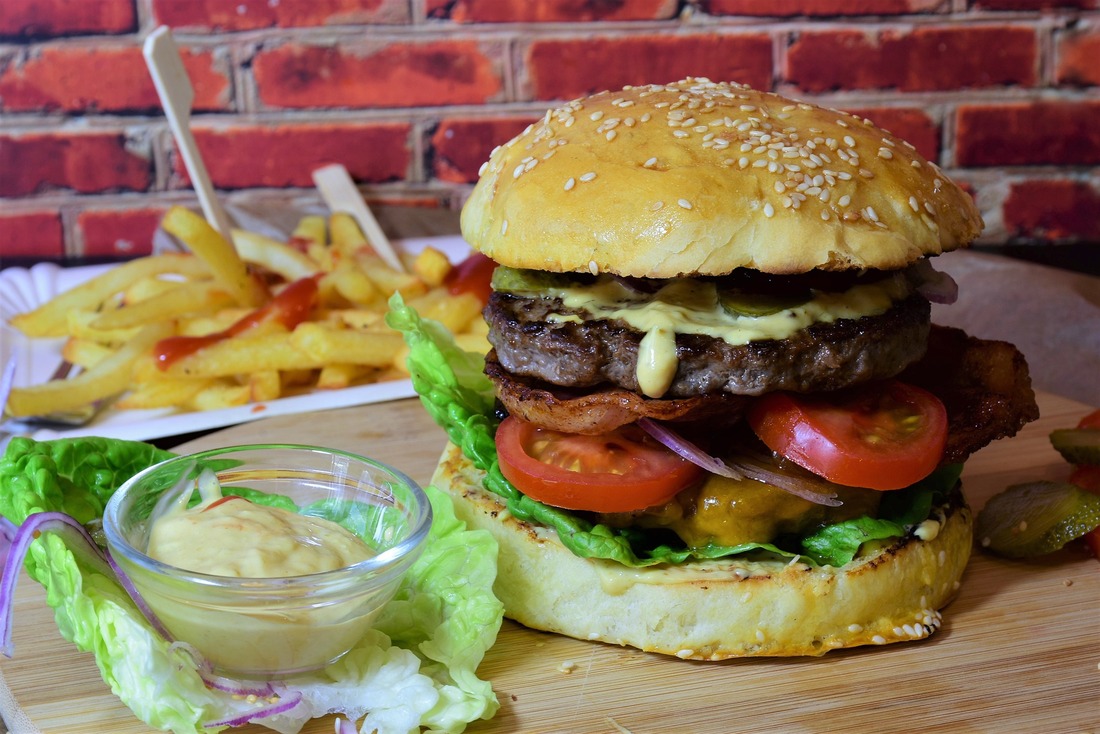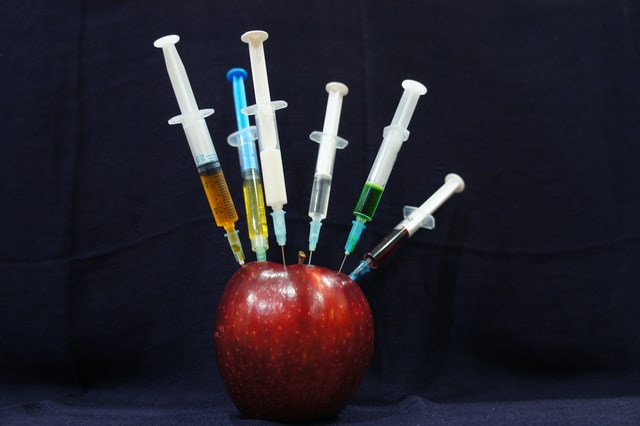The Neuroscience of Love and Separation
Does absence really make the heart grow fonder? In a recent study a group of researchers led by Dr. Anne F. Pierce conducted a study of voles to investigate the effects of “love” on brain chemistry. Their research provides insight into the relationship between romantic partners, social behavior, and dopamine, a brain chemical that makes you feel satisfaction and pleasure. They also investigated how periods of separation affected these social behaviors and dopamine release. Prairie voles were used to study these because of their monogamous and lifelong partnerships. The formation of these bonds are facilitated by mating, which triggers a release of dopamine and results in observable social preference for mates.
To understand the effects of these romantic partners the study compared behaviors between established, mated vole partners and random voles, “strangers”. The social behaviors the groups studied were huddling together and teamwork in exploration. They found that mates interacted more and had more physical contact compared to interactions with stranger voles (when left alone). Additionally, mates were more likely to put in work to see and engage with their partner than with stranger voles. These social patterns are consistent with human relationships - we are more likely to engage closely with our partners and put in effort to see them compared to strangers. What the voles study was able to measure however is the effect these relationships had on dopamine release in the brain.
To understand the effects of these romantic partners the study compared behaviors between established, mated vole partners and random voles, “strangers”. The social behaviors the groups studied were huddling together and teamwork in exploration. They found that mates interacted more and had more physical contact compared to interactions with stranger voles (when left alone). Additionally, mates were more likely to put in work to see and engage with their partner than with stranger voles. These social patterns are consistent with human relationships - we are more likely to engage closely with our partners and put in effort to see them compared to strangers. What the voles study was able to measure however is the effect these relationships had on dopamine release in the brain.
Image Source: PhotoMIX-Company
Physical contact, cuddling, and explorative work with a mate partner released more dopamine compared to these same activities with a stranger vole. Additionally, dopamine release increased over time as voles learned that, by completing a series of tasks, they would be reunited with their mate. Most substantially, the study found that the reward of seeing and being with their partner released more dopamine than access to food.
However, were these reward systems permanent and really “life long”? After separating the voles for four weeks, the time in which voles generally form new relationships, the connection between mates significantly decreased. The reward of seeing their mate no longer gave the same high dopamine release, rather being with their original mate or being with a potential new partner elicited the same dopamine release. Social behavior also changed; he separated voles, when reunited, chose to spend similar amounts of time with their original partner and a stranger vole. While sad, these findings indicate that dopamine release changed the amount of energy and investment a vole put into their partner, but these behaviors were not permanent.
Distance may make the heart fonder for humans, however voles may be more heartless creatures than many may expect!
However, were these reward systems permanent and really “life long”? After separating the voles for four weeks, the time in which voles generally form new relationships, the connection between mates significantly decreased. The reward of seeing their mate no longer gave the same high dopamine release, rather being with their original mate or being with a potential new partner elicited the same dopamine release. Social behavior also changed; he separated voles, when reunited, chose to spend similar amounts of time with their original partner and a stranger vole. While sad, these findings indicate that dopamine release changed the amount of energy and investment a vole put into their partner, but these behaviors were not permanent.
Distance may make the heart fonder for humans, however voles may be more heartless creatures than many may expect!
Featured Image Source: DSD
RELATED ARTICLES
|
Vertical Divider
|
Vertical Divider
|
Vertical Divider
|






